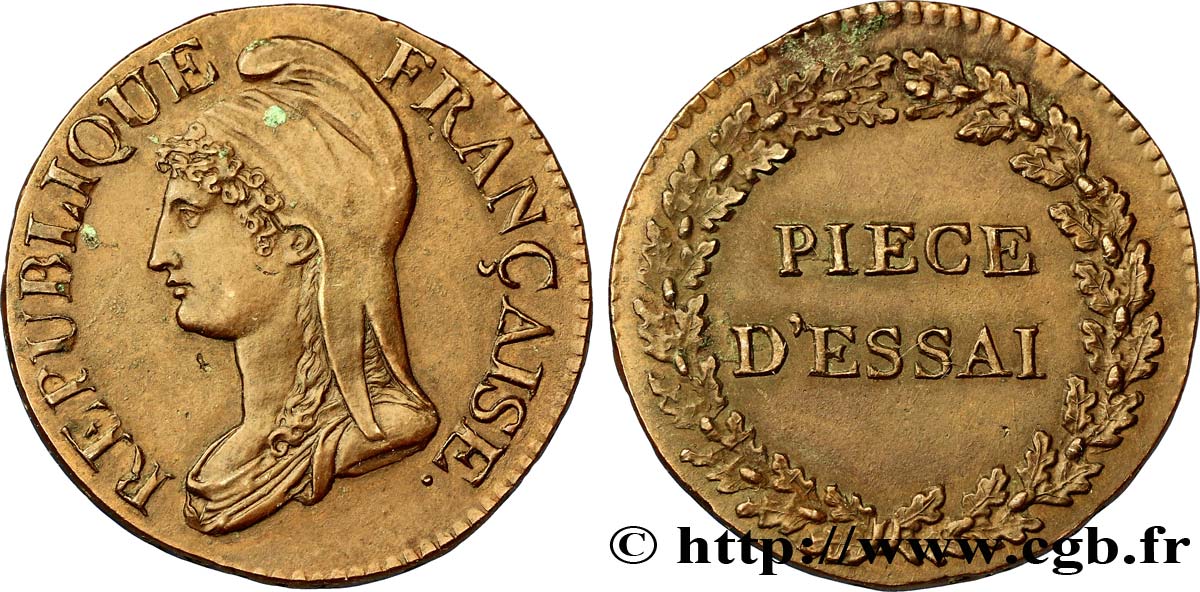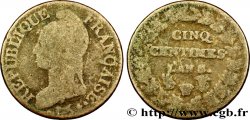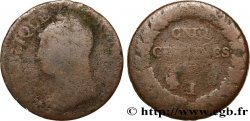fmd_309352 - Essai de 2 francs Bonaparte Premier Consul au type du décime Dupré, petit module n.d. - F.-/-
недоступный.
Товар уже продан в нашем интернет-магазине (2022)
Цена: : 1 500.00 €
Товар уже продан в нашем интернет-магазине (2022)
Цена: : 1 500.00 €
Тип Essai de 2 francs Bonaparte Premier Consul au type du décime Dupré, petit module
Дата: (1801-1802)
Дата: n.d.
Монетный двор / Город: -
Количество отчеканенных монет: ---
Металл: copper
Диаметр: 27,3 mm
Ориентация осей монеты: 6 h.
Вес: 8,88 g.
Век: en creux : * POIDS : 10 GRAMMES * TITRE : 0,9 DE FIN
Редкость: R3
Комментарии о состоянии
Deux petites taches de vert-de-gris au droit sinon un exemplaire superbe recouvert d’une patine marron sombre. Infimes marques sur les parties les plus en relief
Ссылки в каталоге: :
Происхождение:
Cet exemplaire provient de MONNAIES XXIV n° 1926
Лицевая сторона
Аверс: легенда: REPUBLIQUE FRANÇAISE..
Аверс: описание: Tête de la République aux cheveux longs à gauche, drapée et coiffée d'un bonnet phrygien (Mesdames Tallien ou Récamier).
Обратная сторона
Реверс: Описание: PIECE/ D’ESSAI à l’intérieur d’une couronne de chêne.
Комментарий
Cet essai non daté et avec PIECE D'ESSAI au revers (F.126/1 dans le FRANC IX) a été proposé dans MONNAIES XXIV, n° 1926, SUP 58 en tant qu’essai du Décime Dupré, petit module. Mais son diamètre (27,3 mm) et surtout sa tranche inscrite en creux : * POIDS : 10 GRAMMES * TITRE : 0,9 DE FIN sont à rapprocher des essais au module de 2 francs Bonaparte Premier Consul, frappés en l'an X par Jaley d'après le procédé de Gengembre, et qui ont la même légende sur leur tranche. C’est la raison pour laquelle cette ligne a été supprimée dans le FRANC 10. La qualité de frappe, les coins (particulièrement le revers), l’aspect du métal, indiscutablement de la période révolutionnaire, n’empêchent pas que les essais reférencés dans Mazard, sous les numéros 343-345 et 2221-2222, ont tout à fait pu être fabriqués pour les uns en 1848 et pour les autres en 1870-1871.








 Cообщить об ошибке
Cообщить об ошибке Распечатать страницу
Распечатать страницу Отправить мой выбор
Отправить мой выбор Задать вопрос
Задать вопрос Consign / sell
Consign / sell
 Информация
Информация



